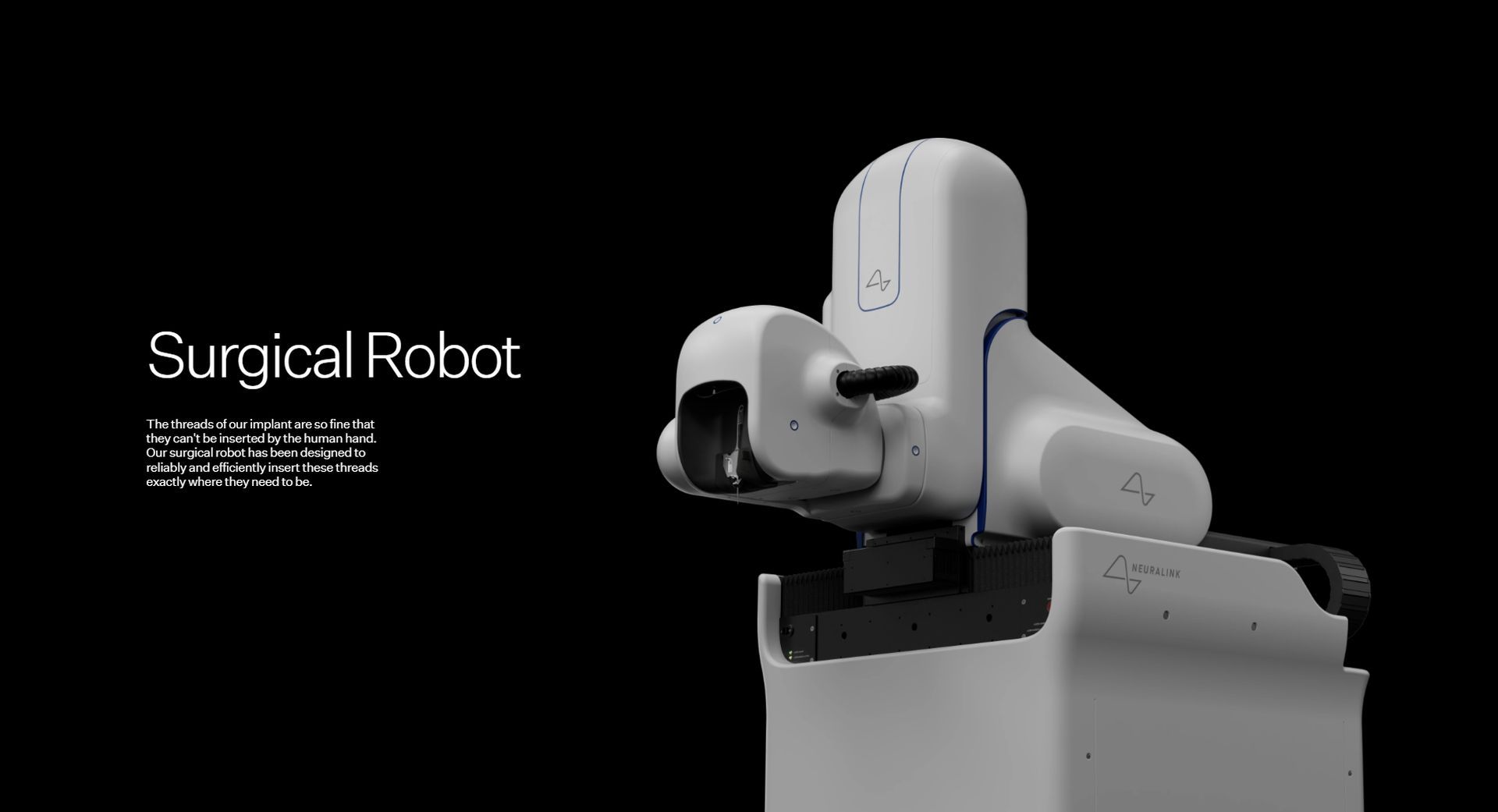Elon Musk’s brain implant venture, Neuralink, has taken a significant stride forward as it announces the initiation of human trials. Following FDA approval in May, the company now has the green light to recruit human subjects for its pioneering brain implant designed to assist patients with paralysis.
In this article, we’ll delve into the latest development, shedding light on the purpose behind these trials and addressing concerns raised regarding the company’s treatment of lab animals.

Safety of bridging minds and technology
The crux of Neuralink’s human trials lies in testing the safety and functionality of their brain-computer interface (BCI), aptly named “the Link”. The ultimate vision is to create implantable devices that empower users to control various aspects through the power of their thoughts. While this concept may seem straight out of a science fiction novel, Neuralink is just one of several companies at the forefront of developing brain interface technology.
In the blog post that the company shared, the trials are described as:
During the study, the R1 Robot will be used to surgically place the N1 Implant’s ultra-fine and flexible threads in a region of the brain that controls movement intention. Once in place, the N1 Implant is cosmetically invisible and is intended to record and transmit brain signals wirelessly to an app that decodes movement intention. The initial goal of our BCI is to grant people the ability to control a computer cursor or keyboard using their thoughts alone.
The ultimate aim is computer control with thought
Neuralink’s primary objective with their BCI is to grant individuals the ability to navigate a computer cursor or keyboard using their thoughts alone. This breakthrough could revolutionize the way we interact with technology, especially for those with mobility challenges.

The ethical concerns of animal testing
While this announcement marks an exciting leap in neurotechnology, it’s essential to acknowledge the potential risks involved for patients participating in Neuralink’s “first-in-human clinical trials”. The company has faced scrutiny in the past for its treatment of lab animals, prompting investigations and allegations of invasive experiments. The controversy surrounding these practices highlights the need for transparency and ethical considerations in the pursuit of cutting-edge advancements.

Elon Musk, the founder of Neuralink, has staunchly maintained that no animals have died due to Neuralink implants, specifically stating, “No monkey has died as a result of a Neuralink implant.” However, this assertion appears to be at odds with recorded cases of animal euthanasia prompted by complications. This incongruity underscores the critical need for stringent oversight and accountability in research pursuits.
No monkey has died as a result of a Neuralink implant.
First our early implants, to minimize risk to healthy monkeys, we chose terminal moneys (close to death already),
— Elon Musk (@elonmusk) September 10, 2023
Musk elaborates that in the initial stages, the company opted for terminal monkeys, which were already in a precarious state of health, to minimize risk to healthy subjects.
Looking ahead
While specific timelines for the trials remain undisclosed, the announcement indicates that individuals with quadriplegia due to cervical spinal cord injury or ALS may be eligible to participate. As Neuralink embarks on this pivotal phase, the world watches with anticipation for the potential breakthroughs in neurotechnology that lie ahead.

Neuralink’s pursuit of a brain-computer interface represents a paradigm shift in how we interact with technology. The company’s human trials signal a critical juncture in this groundbreaking journey. As we navigate the ethical considerations and anticipate potential advancements, the prospect of a future where minds seamlessly interface with machines draws ever closer.
Featured image credit: Neuralink





